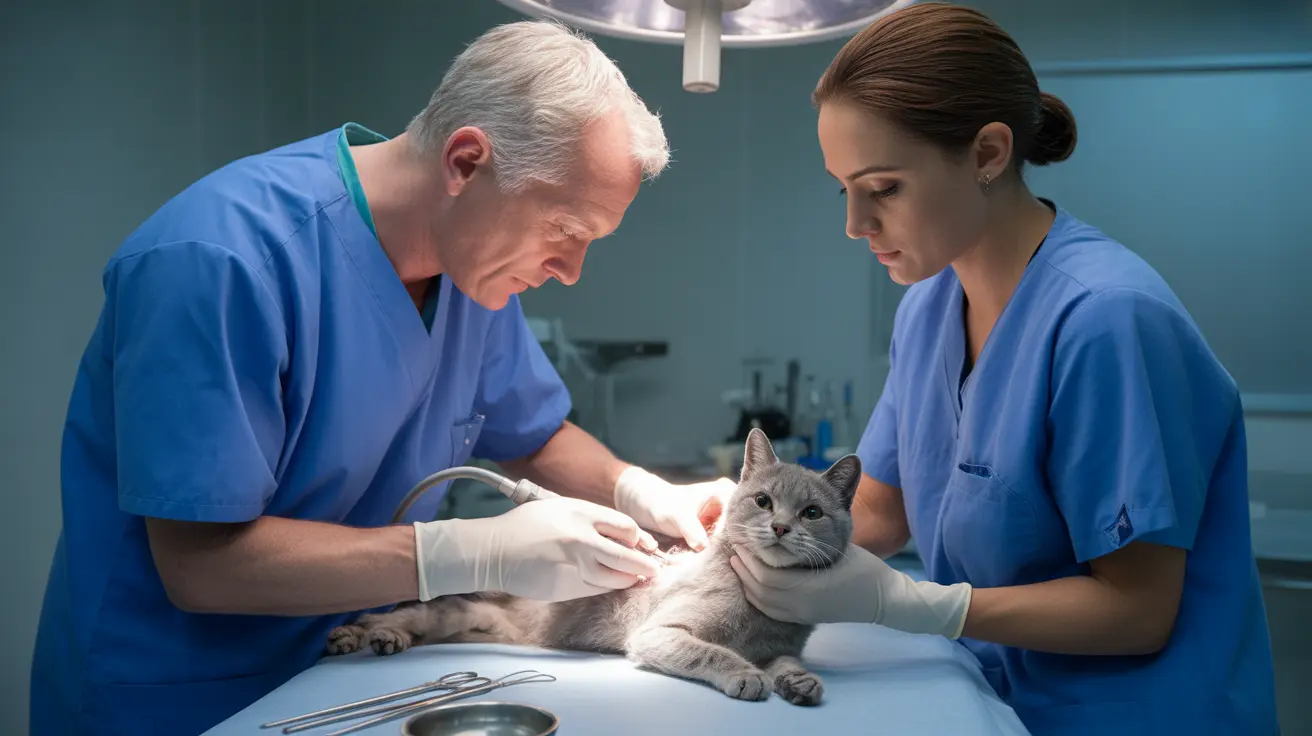International Veterinary Clinical Experience
The shadowing experience in Italy offered these NC State students a rare opportunity to witness veterinary medicine in a different cultural context. Working alongside Italian veterinarians in both Rome and Florence, the students gained exposure to various clinical procedures and approaches that may differ from those commonly practiced in the United States.
Global Veterinary Internships
- Observe different approaches to animal care
- Learn about varying clinical protocols
- Understand diverse cultural perspectives on veterinary medicine
- Build professional networks across borders
Cross-Cultural Vet Training
Understanding veterinary practices in different cultural contexts is becoming increasingly important in today's interconnected world. The Italian veterinary system, with its unique approaches and methodologies, offers valuable learning opportunities for American veterinary students.
Mediterranean Animal Health Perspectives
- Regional animal health concerns
- Local treatment protocols
- Traditional and modern veterinary approaches
Frequently Asked Questions
How do veterinary students from NC State gain hands-on clinical experience abroad in Italy?
Students participate in structured shadowing programs that allow them to observe and learn from practicing veterinarians in Rome and Florence. These opportunities are coordinated through NC State's veterinary program to ensure proper educational value and safety protocols.
What are the benefits of international veterinary shadowing programs for aspiring veterinarians?
International shadowing programs provide students with exposure to different veterinary practices, cultural approaches to animal care, and diverse clinical environments. These experiences help build global perspective and enhance professional development in veterinary medicine.
What safety and biosecurity precautions must veterinary students follow when returning from countries like Italy?
While specific details weren't provided in the source material, veterinary students typically must follow standard biosecurity protocols, including proper hygiene practices and adherence to international health regulations when returning from abroad programs.
Conclusion
The NC State veterinary shadowing program in Italy represents an important step in preparing future veterinarians for global practice. Through these international experiences, students gain valuable insights and skills that will serve them throughout their careers. This type of hands-on, cross-cultural learning opportunity helps create more well-rounded veterinary professionals ready to face the challenges of modern animal healthcare.
For students considering veterinary medicine as a career, such international programs demonstrate the evolving nature of veterinary education and the importance of gaining diverse clinical experiences. These opportunities continue to shape the future of veterinary medicine while building bridges between different approaches to animal care around the world.






